Russia-India: Still a strategic partnership?
The two nations should take a clear-eyed review of the current state of their ties with an emphasis on intensifying dialogue in the new sectors.
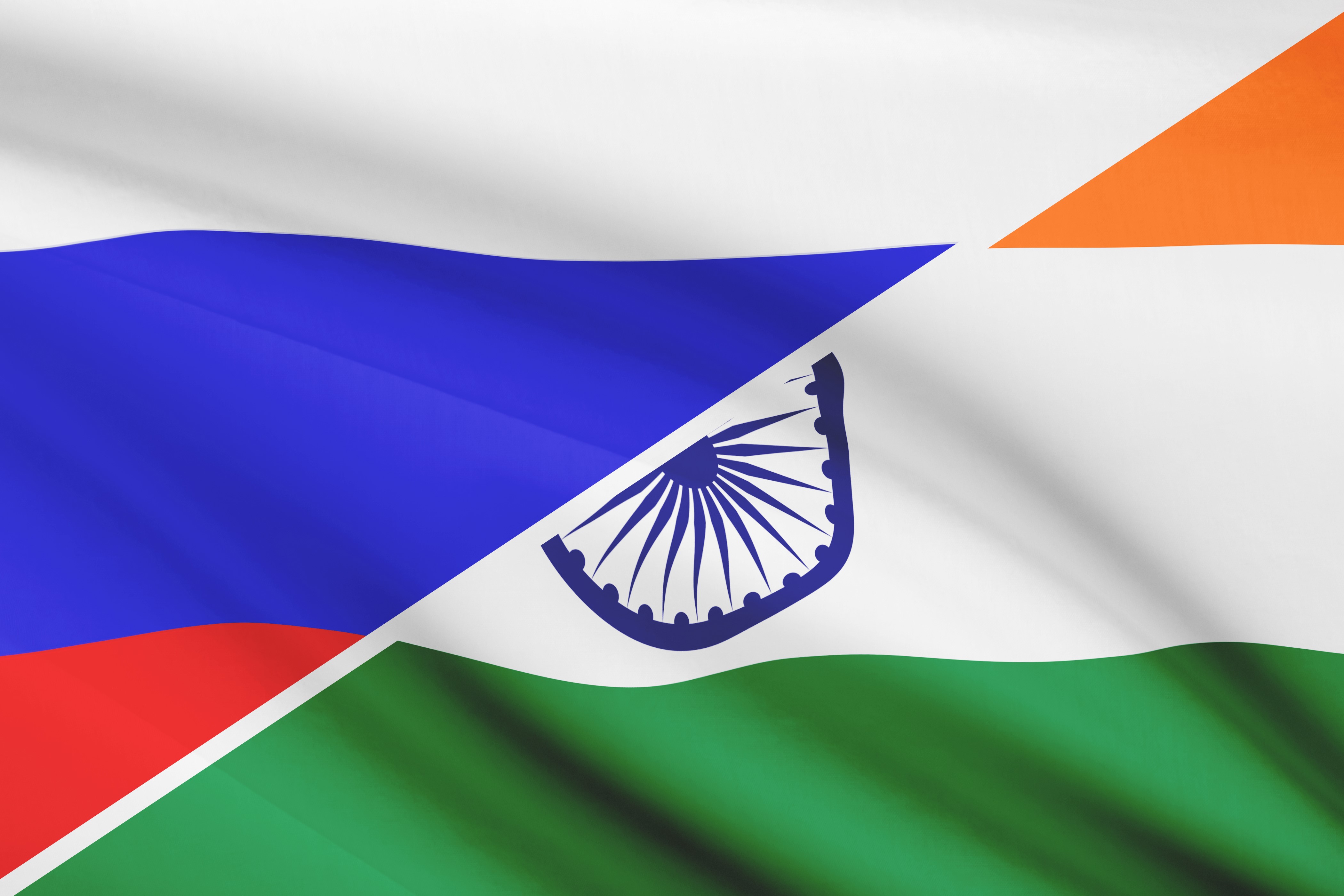 Courtesy: Shutterstock
Courtesy: Shutterstock
The two nations should take a clear-eyed review of the current state of their ties with an emphasis on intensifying dialogue in the new sectors.
 Courtesy: BBC
Courtesy: BBC
The upcoming Summit for Democracy hosted by U.S. President Biden, has high expectations from him. With trust in the U.S. having suffered badly, it remains to be seen how much confidence the democracies at the summit will have in American efforts at restoration of world leadership.
 Courtesy: Government of Uttar Pradesh
Courtesy: Government of Uttar Pradesh
On November 26, the first flight took off from Kushinagar Airport in Uttar Pradesh, set up to help Buddhist pilgrims reach the Mahaparinirvana Temple, where Lord Buddha attained nirvana. Promoting India's Buddhist legacy can lead New Delhi's effort to revive diplomacy between the SCO's eight member nations.
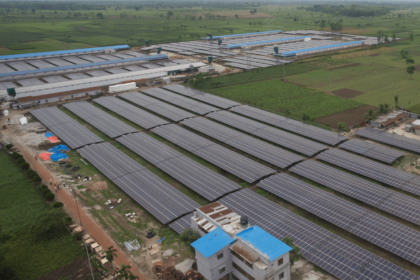 Courtesy: Symbior Solar
Courtesy: Symbior Solar
While several Bay of Bengal countries are rich in hydropower and thermal electricity generation, others are net energy importers with large markets. India can lead creative energy projects with its eastern neighbours, supported by regional and international institutions.
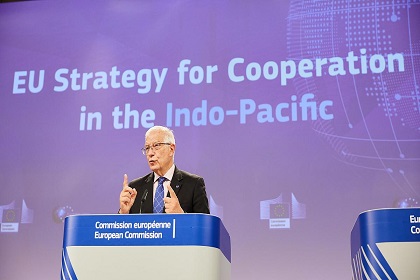 Courtesy: EuroNews
Courtesy: EuroNews
The news of the EU's much-awaited Indo-Pacific strategy was overshadowed by the Australia-UK-U.S. military alliance, AUKUS. Eight weeks later, tempers are cooling off as the U.S and EU signed agreements at COP26. So, are transatlantic good times back on track? Has AUKUS put a permanent spanner in the wheel of the EU’s Indo-Pacific outreach?
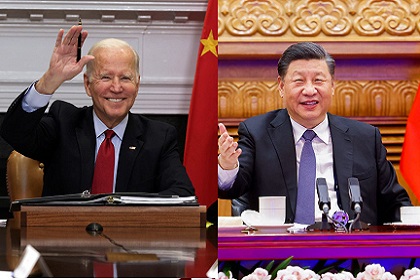 Courtesy: Wall Street Journal
Courtesy: Wall Street Journal
On November 15, the presidents of the U.S and China met for the first time since Joe Biden was sworn in earlier this year. The main purpose was for the two heads of state to get to know each other and establish a line of communication. If this is Cold War 2.0, with similarities to, as well as differences, from Cold War 1.0, then what the Biden administration has in mind is something akin to détente, with some scope for cooperation, especially on climate change.
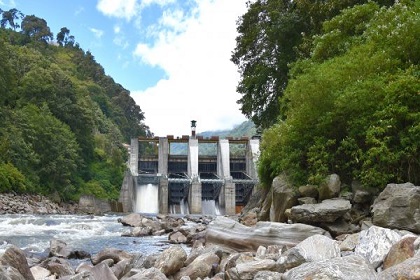 Courtesy: Druk Green Power Ltd
Courtesy: Druk Green Power Ltd
The Bay of Bengal is gaining relevance as a significant sub-region within the Indo-Pacific. Despite its importance to regional security, there is inadequate financial, physical, and energy connectivity. India must use its strategic and political pre-eminence and influence in the sub-region to pursue deeper connectivity with Bangladesh, Myanmar, Thailand, Nepal, and Sri Lanka and to block China's growing influence.
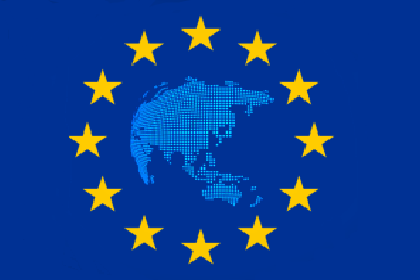 Courtesy: Club of Three
Courtesy: Club of Three
The EU's Indo-Pacific strategy, released in September, set the tone for a renewed focus on the region. Europe's Asia connect is rich, strong and multi-layered, laying the foundation for an advantageous position for the EU in the Indo-Pacific. This can be achieved if the EU is more candid with itself, more assertive with China, and more cooperative with India.
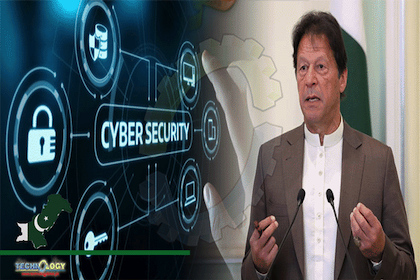 Courtesy: Technology Times
Courtesy: Technology Times
Cyberattacks from Pakistan-based hacker groups targeting India have increased. The stepped-up cyber activity comes in the backdrop of Islamabad's new cyber security policy and expanded digital cooperation with China. India must bolster its existing abilities in cyber forensics and regulations to counter the enhanced Pakistani threat.
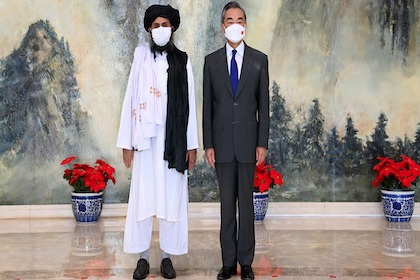 Courtesy: Xinhua
Courtesy: Xinhua
China has followed Sun Tzu’s strategy of focussing on alliances - building its own and weakening those of its adversaries. Beijing’s carefully nurtured formations in West and Central Asia are part of this global power projection, especially with Pakistan, Iran and now, the Taliban, through projects like the Belt and Road Initiative. India must recalibrate its China policy and push for concerted regional responses to emerge as a balancing force against it.